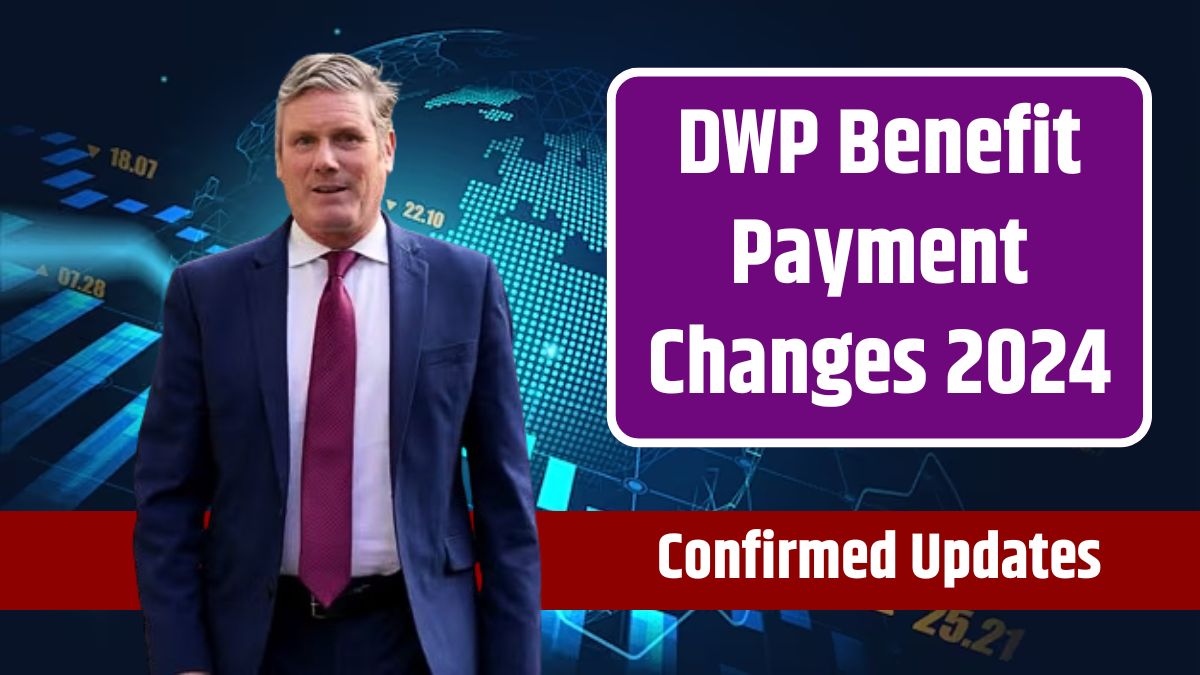The Department for Work and Pensions (DWP) has implemented significant changes to its benefit payments in 2024. These adjustments aim to support individuals and families facing financial difficulties due to the rising cost of living. This article provides an overview of the changes to Universal Credit, Personal Independence Payment (PIP), and Employment and Support Allowance (ESA), alongside other vital information regarding these updates.
DWP Benefit Payment
In 2024, DWP has increased various benefits by 6.7%, reflecting the need to adjust for inflation and the increasing cost of living. This increase is expected to provide substantial relief to beneficiaries, ensuring they can meet their basic needs more effectively.
Universal Credit
The most notable change in Universal Credit for 2024 is the 6.7% increase in standard allowances, effective from April 2024. This uplift affects both daily and monthly elements of the benefit. However, if an assessment period began before April 8th, 2024, the old rate applies for that period. The increased amount will be seen in payments after the first assessment period starting on or after April 8th.
Cost of Living Payment
Additionally, a one-off Cost of Living Payment was distributed in early 2024 to low-income households. Depending on their circumstances, recipients received £326 or £650. This tax-free payment aimed to support households facing high fuel and energy costs.
Personal Independence Payment (PIP)
PIP rates have also seen a 6.7% increase starting April 2024. This adjustment applies to both the daily living and mobility components. PIP supports individuals with disabilities or long-term health conditions that impact their daily activities.
New Rates
- Daily Living Component: £60.00 to £89.15 per week
- Mobility Component: £23.60 to £62.40 per week
The eligibility criteria for PIP remain unchanged despite these rate increases.
ESA Changes Confirmed
Employment and Support Allowance (ESA) payments have similarly increased by 6.7% from April 2024. This change impacts both income-related ESA and contribution-based ESA, supporting individuals who are unable to work due to illness or disability but are actively seeking employment.
Impact
The increase in ESA payments helps maintain financial stability for individuals unable to work, ensuring they can continue searching for suitable employment without severe financial strain.
Additional Support Measures
From September 2024, all children aged nine months and older will be eligible for 15 hours of free childcare per week. This initiative aims to support parents, particularly those returning to work or seeking employment, providing them with more flexibility and reducing childcare costs.
Overall Benefits
The 6.7% increase across DWP benefits aims to alleviate the financial pressures caused by rising living costs. These adjustments ensure a consistent income source for beneficiaries, reducing poverty and enabling a better quality of life. The changes also encourage greater societal participation and support individuals transitioning into employment.
The DWP Benefit Payment Changes for 2024 reflect the government’s commitment to supporting vulnerable individuals and families in the UK. With increased rates for Universal Credit, PIP, and ESA, beneficiaries can better manage the rising cost of living. Additionally, the expansion of free childcare is a positive step towards supporting working families. These changes ensure that recipients have the financial stability needed to maintain their quality of life and participate actively in society.
FAQs
What is the percentage increase in DWP benefits for 2024?
The benefits have increased by 6.7%.
When will the new Universal Credit rates take effect?
The new rates will apply from the first assessment period starting on or after April 8th, 2024.
Are the PIP eligibility criteria changing with the new rates?
No, the eligibility criteria for PIP remain the same.
What additional support is available for parents in 2024?
Starting September 2024, all children aged nine months and older will be eligible for 15 hours of free childcare per week.
How does the ESA increase benefit recipients?
The increase helps maintain financial stability for individuals unable to work, allowing them to continue searching for suitable employment without severe financial strain.
















